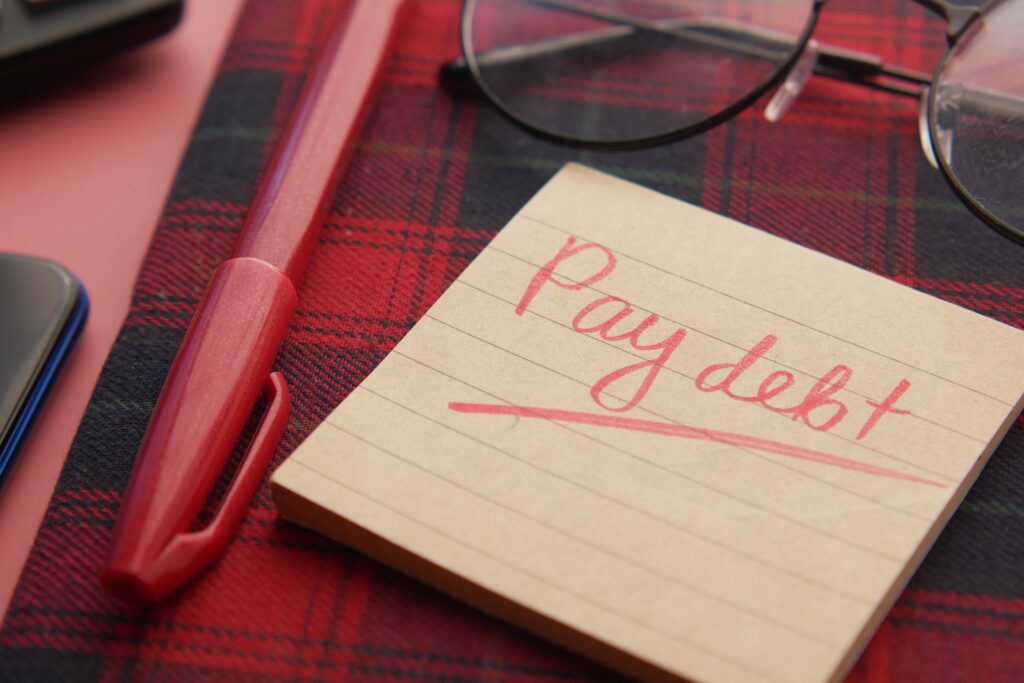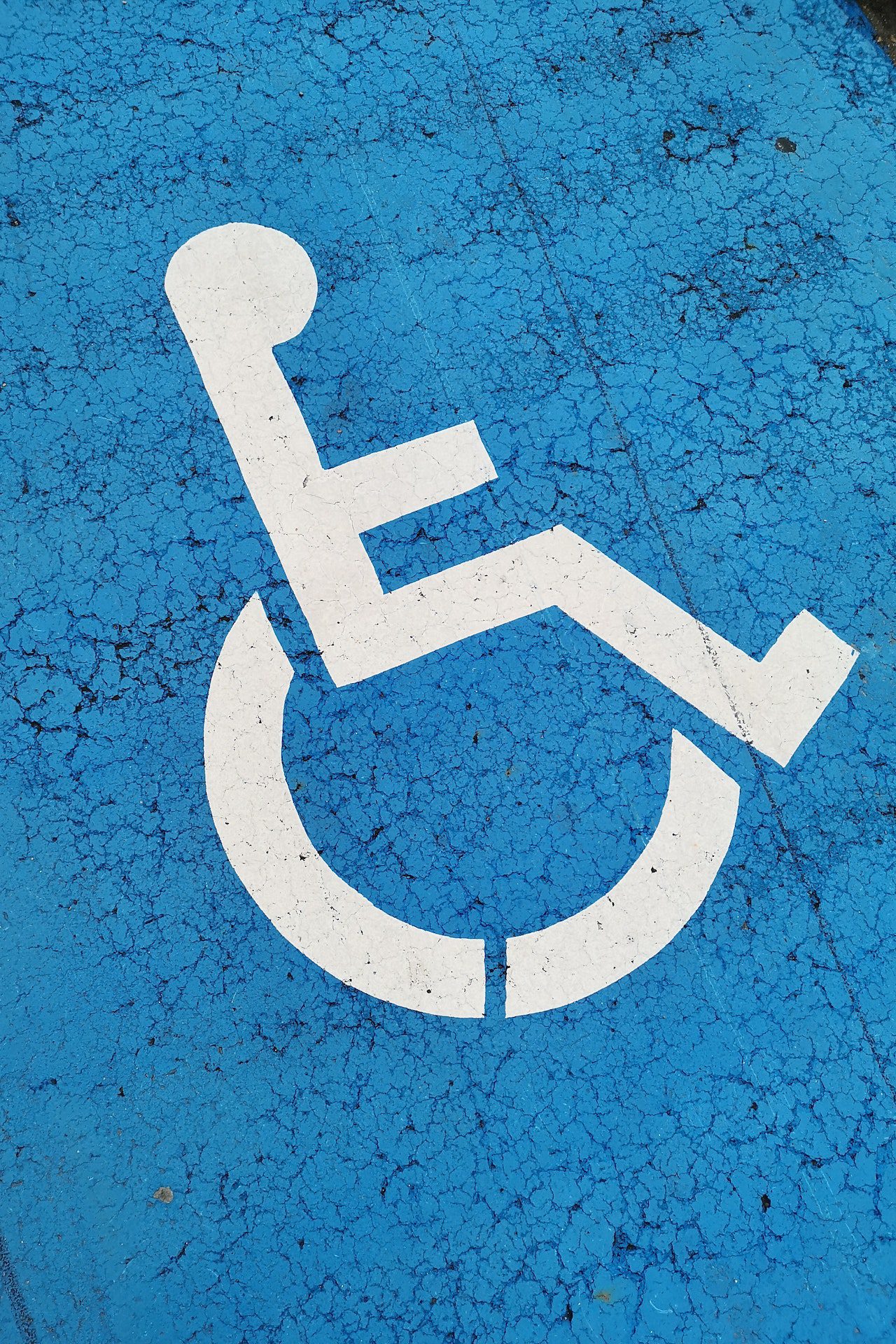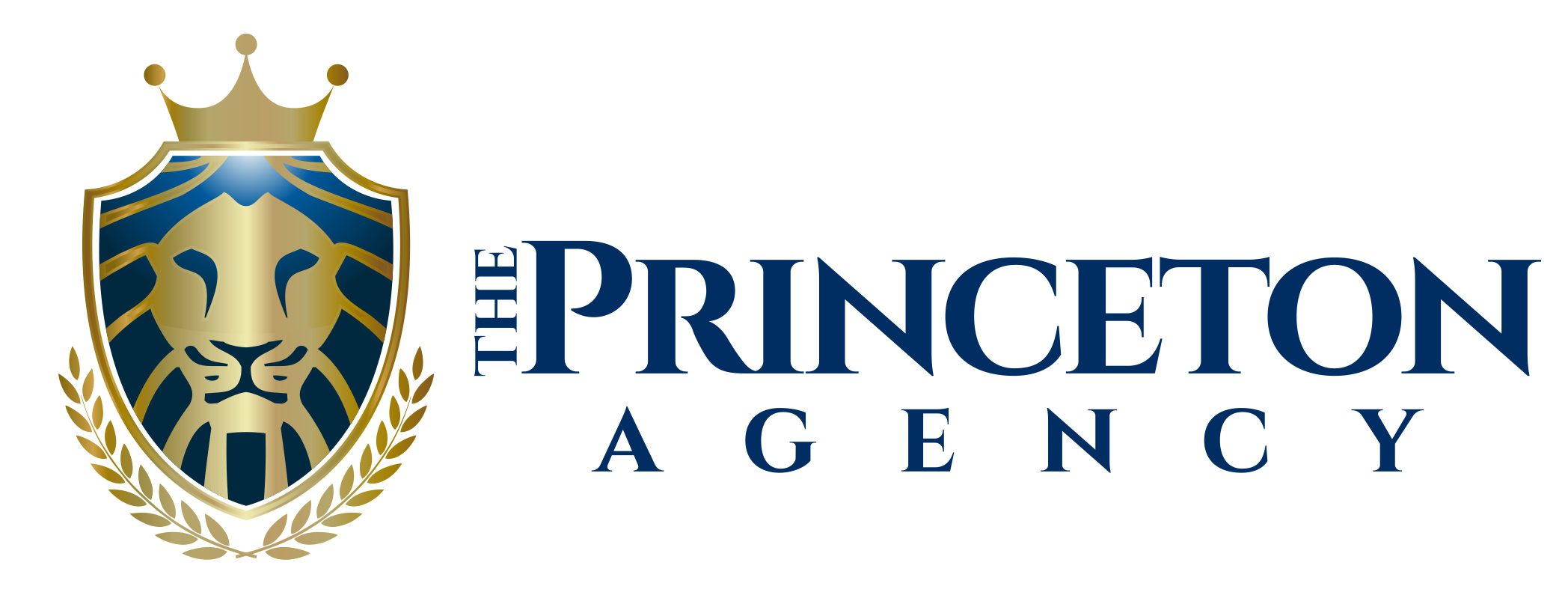- Phone: 1-833-657-3639
- Email: [email protected]

If you become disabled due to illness or injury, you may have to quit your job or take an extended leave of absence. You may find yourself out of money within weeks or months. Your employer may allow for an unpaid leave of absence while keeping your benefits – so your health insurance may cover medical costs, but you still need to cover ordinary living costs such as housing, food, and transportation and miscellaneous bills. Disability insurance provides you with a solution to provide the income that you no longer have.


Short term disability policies are often covered by employers. They cover you for anywhere from 30 to 90 days, and are often used for things like a planned surgery from which you will make a full recovery. If you have a good emergency fund, covering at least 4 to 6 months of expenses, a short term disability policy is probably not necessary for you.
Most people do need, and should have, a long term disability policy! Long term polices kick in after an initial elimination period without benefits – usually 30 to 90 days.
If you decide to purchase long term disability insurance, look for the following characteristics (in order from most to least important) to maximize coverage and reduce risk while also managing premiums:
Inflation adjustments: Pay extra if necessary for a benefit with an annual cost of living adjustment, to help keep up with inflation. If you are disabled at 30 and draw benefits for 30 more years, you do not want to receive the same dollar amount the entire time!
Taxes on Disability Insurance Benefit
If you pay your own premiums, the benefit will not be taxable if it is ever paid out. If your employer pays the premiums, the benefits will be considered ordinary income. If you split the costs, you will pay taxes on a proportion equal to the proportion of the premiums that your employer paid

Quick Quote Request
The Information you provide is kept strictly confidential. A friendly agent will respond to your request and provide the information needed in order
for you to make an informed decision. You can also email us at [email protected], call, or text us at 1-833-657-3639





























The Princeton Insurance Agency, Inc. Has been serving the needs of small business owners, individuals and families since 2002.
We would love to hear from you.
Feel free to reach out using the below details.